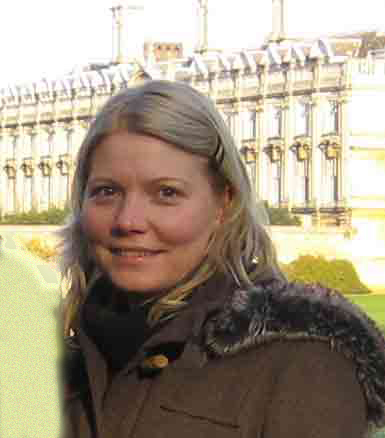
The human oocyte is capable of differentiating into all cell types found in the human body. Inefficient or faulty differentiation will result in the death of the fetus and ultimately in infertility, a disease of the reproductive system. Numerous biological pathways are contributing to the maturation of the human oocyte, the fertilization event and the subsequent development of the embryo.
Mammals develop from a single cell (the zygote). During the subsequent developmental stages, more than 200 distinct cell types are established and integrated within the living embryo. It is truly amazing that the newly formed organism knows how and when to form specific cell linages. Although lineage allocation between inner cell mass (ICM) and trophectorderm (TE) is only morphologically visible at the blastocyst stage, the first cell-differentiation event can be appreciated earlier, at the 8-cell stage, when individual blastomeres become polarized. How the transitions in potency are regulated at the molecular level remains a crucial and poorly understood question in developmental and stem cell biology. And how is the subsequent gastrulation that defines all cells in the body dependent on the earliest markers? And will this allow us to understand in more details how disease can develop?
Along the line of that, the identity of cell fates regulates have important impacts on neurodevelopmental disorders, and several early onset diseases are associated with development failures.
Animal models have played crucial tools to evaluate functions and serve as systems to evaluate several aspects of both early development and adult symptoms.
The purpose of this project is to functionally dissect the roles of two pathways in development; to evaluate the functions of specific transcription factors in the early chromatin structures and to use mouse models to identify metabolic and transmission system that contribute to the pathophysiology of specific disease.
Project title:
Modeling Early Development
Area of research:
Medical Sciences
Fellowship period:
1 Feb 2014 – 31 Jan 2015
Fellowship type:
Jens Christian Skou fellow

This fellowship has received funding from The Aarhus University Research Foundation.